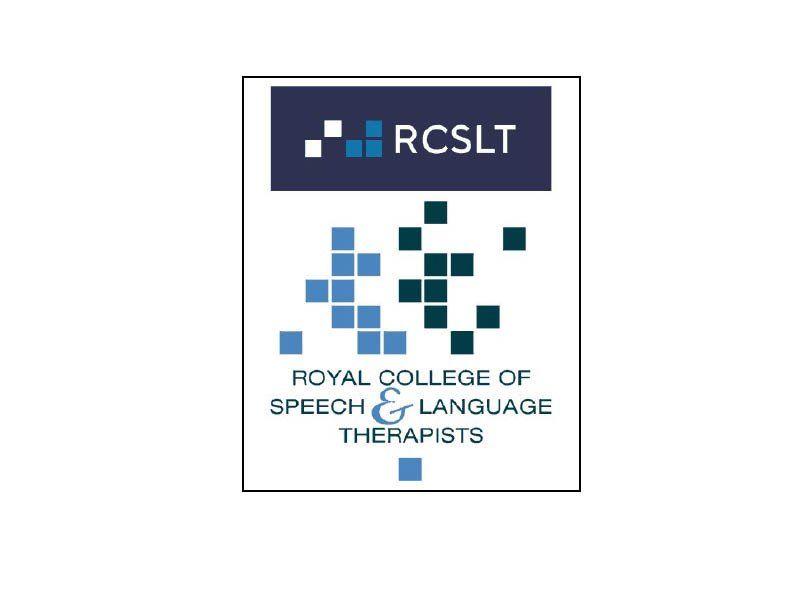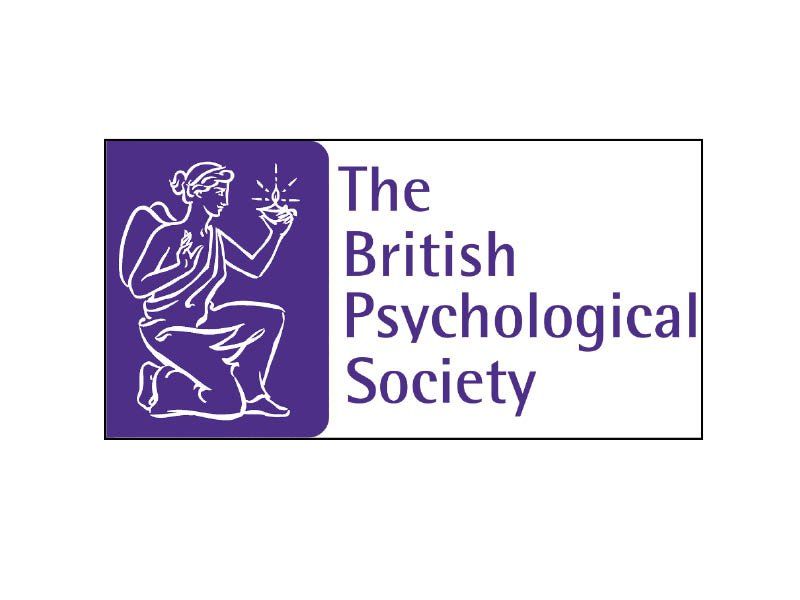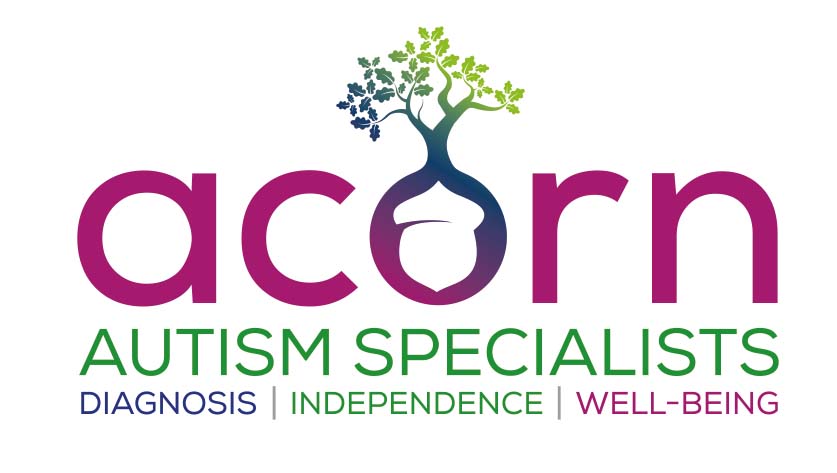Many autistic people have sensory sensitivities. This means that they can be over-sensitive or under-sensitive to some kinds of sensory input. Sensory input is anything that is interpreted by our physical senses – sight, hearing, smell, touch, taste, where our body ends and the rest of the world begins (proprioception), balance (vestibular) and awareness of our internal sensations, such as feeling hungry, thirsty or needing the toilet (interoception).
Whereas neurotypicals are generally able to filter out sensory stimulus, the autistic community describe difficulties filtering background sensory information, such as a clock ticking or a label in your clothes. This results in the person often experiencing too much sensory data to process and sensory overload triggering meltdowns and shutdowns.
For some people, their sensitivities are so extreme that bright lights, loud noises or strong smells may be physically painful to experience. These difficulties can make everyday life considerably more difficult and therefore stressful and fear of these triggers could go on to cause people severe anxiety about encountering these environments. Struggling with these sensory issues can also make it considerably more difficult for autistic people to relax once they are already stressed. Loud noises and bright lights, for example, may make it difficult for somebody to think clearly enough to work out what they need to do to reduce their stress. Even if the solutions is as simple as leaving the situation, the person may be too distracted and distressed to process this.
However, it’s not all bad. Some autistic individuals have been found to have an increased auditory perceptual capacity relative to non-autistic people. This increased capacity may offer an explanation for the auditory superiorities often seen in autism, such as heightened pitch detection. Some autistic people additionally show superiority in memorising picture–pitch associations and in detecting pitch changes in melodies.
Because of an ability to look at parts of a whole and focus on small details and patterns, autistic individuals are frequently found to have strong visual skills, able to see visual details that others may not, such as tiny changes in the environment or noticing patterns. This also means that they may be strong visual learners, able to use written reminders, photos, visual schedules, and diagrams to enhance learning.












